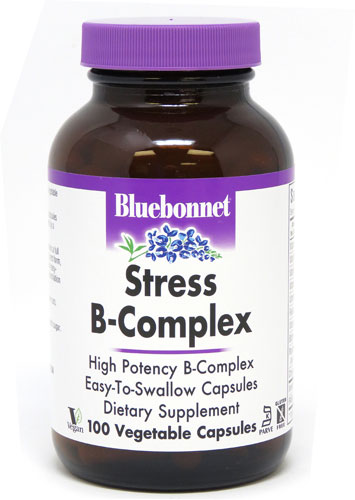Odds are that you’re one of the nearly 80 percent of Americans who feel at least somewhat stressed on a given day — stressed about work, kids, money, relationships and a host of other everyday concerns.
No doubt, that stress can lead to symptoms like fatigue and anxiety. It also can contribute to catching a cold or the flu. Especially during cold and flu season, it’s critical to be monitor your stress levels and to be proactive about preventing stress and, thus, prevent two common ailments.
Sure, you can take medicine and vitamins to combat a cold or the flu once you’ve got the sniffles or a fever. But wouldn’t it be smarter to head off cold- and flu-triggering stress before it knocks you out of commission?
“Stress activates the ‘fight or flight’ survival response in the body. One key body system activated in this stress response is our immune system, as it helps protect the body from foreign invaders,” says board-certified emergency medicine physician Dr. Chirag Shah, co-founder of the online lab-test service Accesa Labs.
Too much stress can cause your immune system to temporarily burn out, Shah says, leaving you more susceptible to becoming ill due to cold and flu viruses.
Here are five tips for coping with stress so that you’re not coping with the effects of a cold or the flu.
1. Practice self-care.
A self-care regimen should include snoozing for the recommended amount of time each day (typically seven to nine hours for an adult) and exercising the recommended amount of time each week (150 minutes of moderate aerobic activity for an adult). According to Kathy Morelli, a licensed professional counselor and licensed massage therapist, these are some of the other potential components of a self-care lifestyle:
- A daily diet that focuses on boosting your mood and immunity.
- Regular bodywork, such as massages.
- Daily mindfulness activities such as expressing gratitude and engaging in deep-breathing exercises. Some experts also suggest yoga, meditation or hypnosis.
2. Check your workload
To reduce stress, be sure you don't take on more that you can handle, says GinaMarie Guarino, a licensed mental health counselor. That could mean declining to accept yet another project at the office, or politely refusing to accept more volunteer duties at your kids’ school.
“Be realistic about your schedule,” Guarino says, “and remember that it is better to say no than to take on more than you can handle.”
3. Brush off perfection.
It’s tempting to want everything you do to be just right — “This pumpkin pie has to be Better Crocker-worthy!” — but this oftentimes produces frustration.
“Nothing will be perfect, and you set yourself up for stress and disappointment if you expect everything to be perfect all the time,” Guarino says. “Learn to accept that things cannot always be perfect — that’s OK.”
4. Take breaks.
For both your mental and physical well-being, you should carve out time away from your daily tasks to give your body a breather, according to Guarino. Maybe that means going on a quick stroll outdoors or stealing time to reading a chapter in that novel you’ve been meaning to finish.“If you are at 100 percent all day, then your body will crash, but that doesn’t mean you will rest well,” Guarino says. “It means it will shut down from exhaustion, but still be damaged from the stress and fatigue that it was put through.”
5. Discuss your stress.
If you’re feeling overwhelmed by stress, it might be time to talk it out. A counselor, psychologist or doctor can work with you on stress-management techniques. Or it might simply be a matter of getting things off your chest by confiding in a friend or relative.
The American Council on Science and Health notes that a clinical trial of children age 8 to 12 found that those who talked with therapists about how to relax exhibited a lift in their moods and a lower frequency of colds. The council adds that relaxation techniques aren’t just for kids; for people of all ages, they’re an important part of fighting stress-related diseases.




